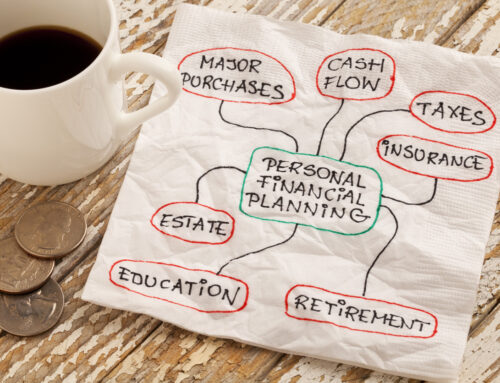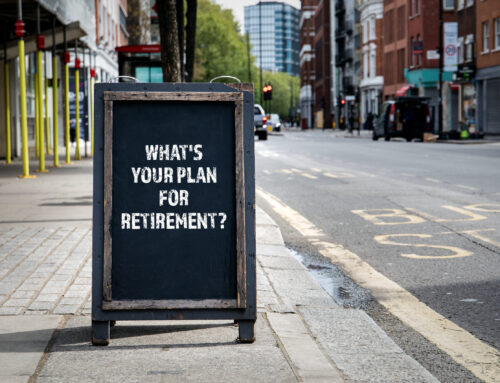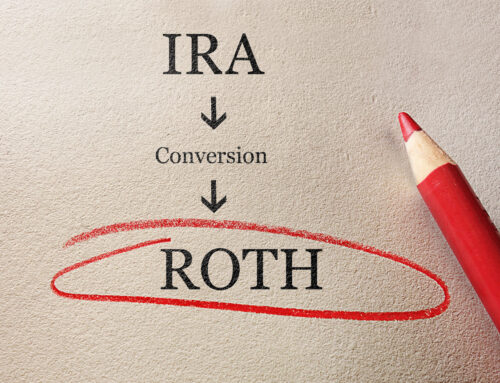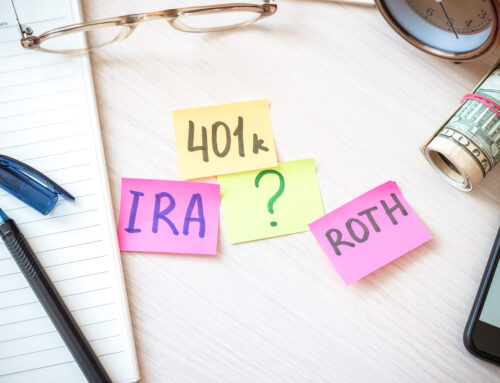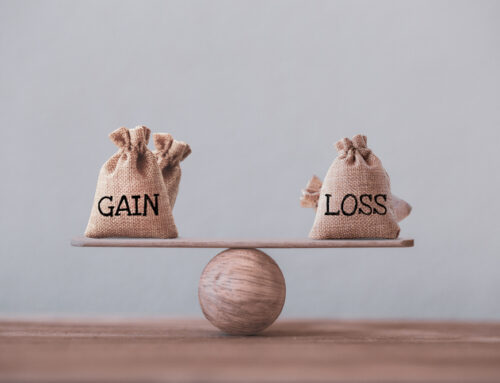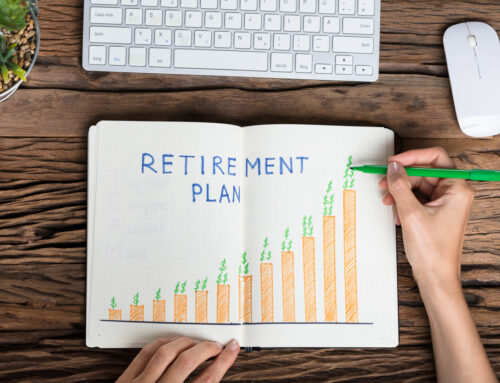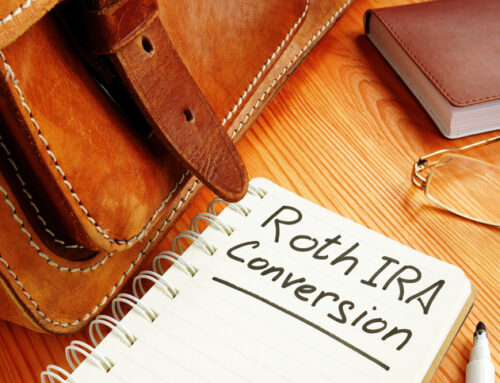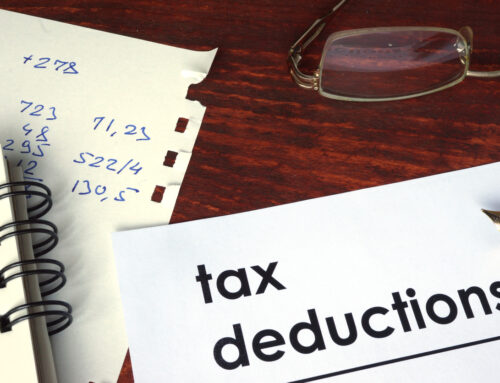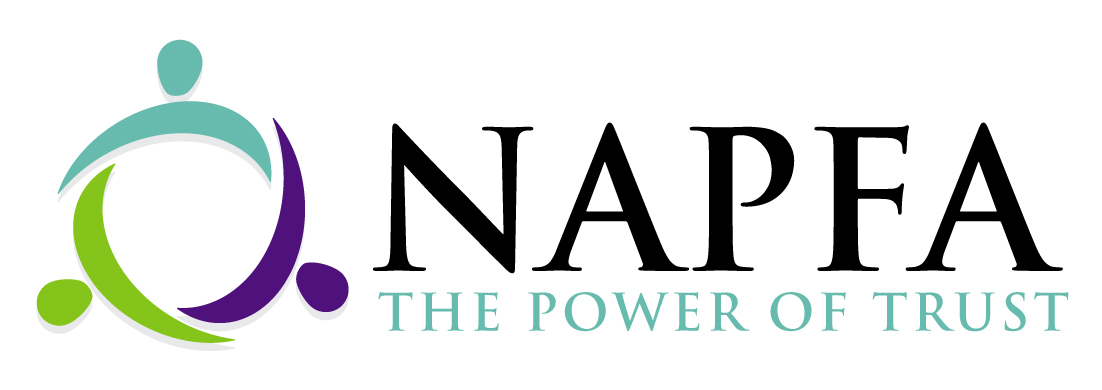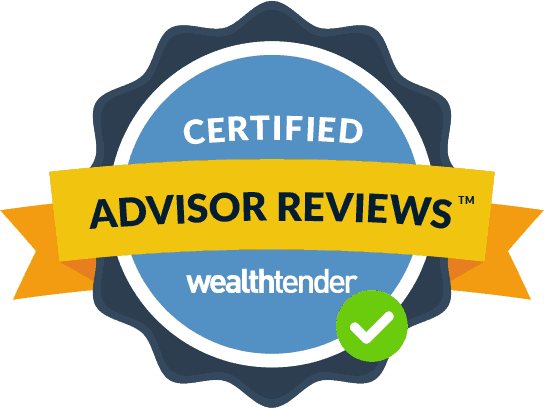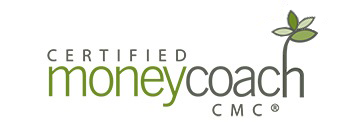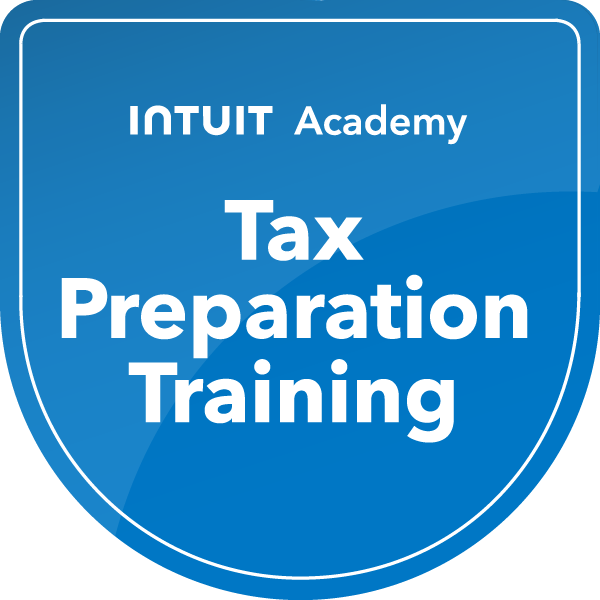Sitting on excess cash might feel like a financial safety net, but if that money isn’t strategically allocated, it’s quietly losing value. Inflation, opportunity cost, and idle funds can weaken your long-term financial health. If you’re wondering what to do with surplus cash in your bank account, the good news is there are effective ways to put that money to work for you. Let’s explore practical strategies to help your excess cash grow while maintaining financial flexibility.
Why Holding Excess Cash May Be Costing You
Cash is often viewed as a “safe” asset, but from a financial planning perspective, it’s one of the least productive. While it does offer liquidity and peace of mind, cash earns little to no return – especially in traditional savings or checking accounts. Meanwhile, inflation steadily erodes purchasing power. That same dollar sitting in your account today will likely buy less in the years ahead.
Though cash is an asset class, it differs from others like stocks, bonds, or real estate, which typically generate income or appreciate over time. Cash earns minimal interest, and it’s actually the financial institution holding your cash that benefits most – by using it to lend and invest on their own terms.
How Much Cash Should You Keep on Hand?
Determining the optimal amount to hold in cash investments involves a thoughtful analysis of your short-term financial needs. Consequently, our expectations for returns follow a hierarchy: we anticipate higher returns from bonds compared to cash, and even greater returns from stocks than from bonds.
Given this understanding, we should hold the necessary amount in cash to covering upcoming expenses, with some potentially needing up to six months’ worth. The key distinction is not how much cash you need but how much access to cash you have. Many individuals overestimate their cash requirements without considering liquidity sources. Many individuals overestimate their need for cash when, in reality, they have access to liquidity through various means such as brokerage accounts or home equity lines of credit (HELOC).
Where to Invest Excess Cash for Better Returns
If you’re holding more cash than necessary, consider reallocating some of it into assets with higher return potential. Your options may include:
- Short-Term Bonds or Bond Funds – These offer better yields than savings accounts and are provide lower risk than stocks.
- Dividend-Paying Stocks – Ideal for generating income, particularly in retirement.
- Real Estate Investment Trusts (REITs) – A good option for income and diversification.
- Tax-Advantaged Accounts – Max out contributions to IRAs, HSAs, or 529 college savings plans.
- High-Yield Savings or CDs – If liquidity is still a priority, these offer slightly better rates than traditional savings accounts.
Each investment option carries different levels of risk, liquidity, and tax considerations, therefore a fee-only, fiduciary financial advisor can help align your choices with your goals and time horizon.
Special Considerations for Retirees
Many retirees believe they need to hold several years’ worth of expenses in cash to protect against market volatility. While the logic is understandable, this approach often results in missed growth opportunities. A diversified retirement income strategy – including bond ladders, dividend income, and systematic withdrawals – can provide a more balanced way to meet cash needs while allowing the rest of the portfolio to grow.
Remember, bonds typically offer higher returns than cash and can be strategically used to fund near-term expenses without taking on the risk of equities. A layered approach helps minimize sequence-of-return risk and improves retirement sustainability.
Final Thoughts: Turn Idle Cash into an Active Wealth Builder
Rather than letting excess cash sit on the sidelines, put it to work with a thoughtful plan. Reallocating even a portion of your idle funds into income-generating or appreciating assets can significantly enhance your long-term financial outlook. While it’s important to stay liquid for short-term needs, excess cash should be viewed as an opportunity – not a default.
Ready to make your money work harder for you? Let’s talk. Whether you’re sitting on excess cash from a recent windfall, a business sale, or simply steady savings, we can help design a personalized strategy to optimize your cash reserves. Schedule a complimentary consultation today to turn idle funds into real financial momentum.



